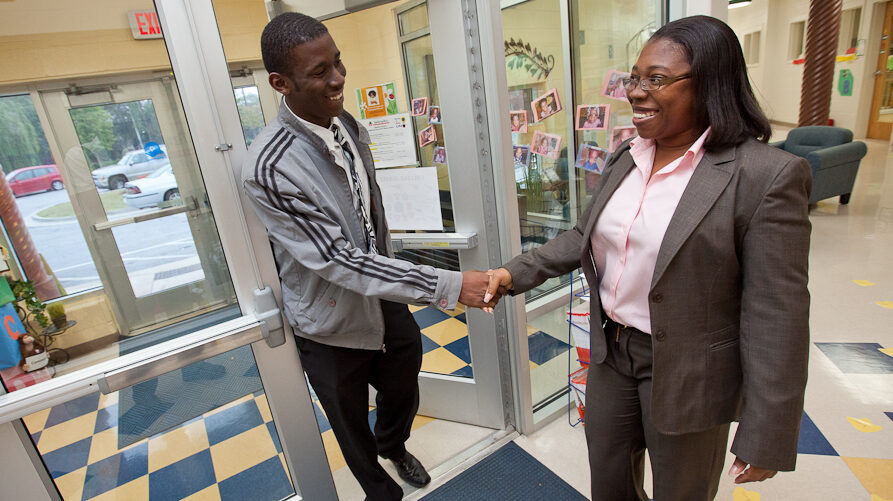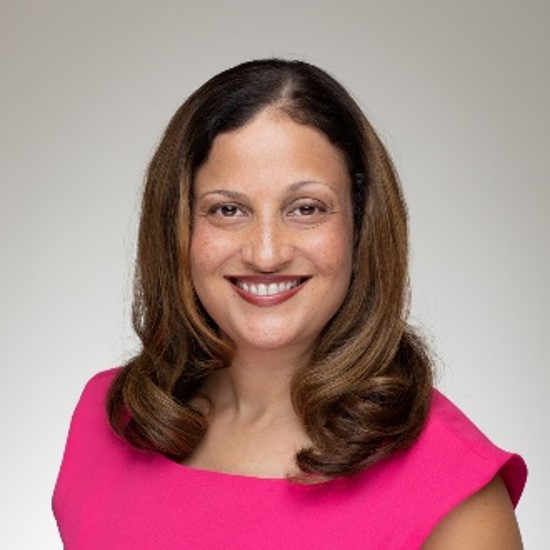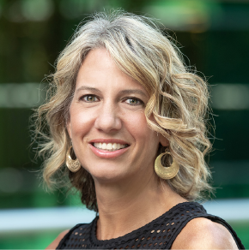
12:30 - 02:00 pm
Foundations for Attendance: Examining How Funders Can Help Reduce Chronic Absence

“We use public policy, research and data, community investments and communications all together to leverage systemic change. And I think the work of chronic absenteeism is a great example to see this work in action,”
–Janice Palmer, Senior Vice President, Government Affairs and Public Policy, Helios Education Foundation
This April 16, 2024 Funder-to-Funder conversation engaged funders working at the local, state and national levels. Panelists shared the ways in which they are taking action to promote everyday student attendance and to reduce the concerning surges in chronic absenteeism we are seeing in communities across the country.
Hedy Chang of Attendance Works kicked off the discussion by sharing that chronic absenteeism has almost doubled from where it was before the pandemic, to 14.7 million students in the 2021–22 school year. While the majority of American schools are affected by this issue, the largest increase in absenteeism was seen in elementary schools. Chang noted that a regular routine of attendance helps young children and their families become less anxious about school, connect to peers and teachers, and engage in learning. There are many ways that funders can make a difference. They can fund efforts that lead to effective practices, act as brokers and help folks consider funding streams, and connect groups to collaborate on addressing absenteeism. Because funders sometimes stay in their jobs longer than elected officials, funders are especially well-positioned to build awareness and promote ongoing attention and action over time.
Holly Coleman of the Hyde Family Foundation shared that they first became aware of chronic absence as a challenge when Tennessee began publishing data. As a result of an investment in an early pilot, the foundation learned that individual case management improved attendance for a handful of students but not at the school- or districtwide level. More recently, the foundation funded a community of practice (COP) involving 16 local schools with the highest chronic absenteeism rate. Supported by Attendance Works, this COP has helped local educators to understand what their attendance challenges were and develop tailored solutions. The COP allowed participants to learn from one another and to get the one-on-one support they needed, Coleman said.
Jill Pereira of United Way of the Greater Lehigh Valley (UWGLV) discussed the funder’s work in eastern Pennsylvania, with 22 different school districts. In 2017, UWGLV launched the Challenge Five campaign and saw chronic absence rates move from the high teens down to single digits by 2019. The attendance work was integrated into different kinds of investments. Leveraging this success, UWGLV helped to get chronic absenteeism embedded in state law and policy. “I think funders have a role to play in thinking about how to shift local, state and even national policy,” Pereira said. Pereira noted that due to the pandemic, chronic absence was as high as 67% in some of the United Way’s community schools. But they’ve seen those rates drop down to between 29% and 20% in 2022–23. “And that’s because we’re focused on it,” she said.
Janice Palmer of Helios Education Foundation reviewed the foundation’s investments in Arizona and Florida. Helios engaged with ReadOn Arizona, a statewide early literacy initiative. A convening in January 2023 elevated chronic absence as a factor in early reading with over 150 thought leaders, providing approaches participants could take back to their schools. Helios also is partnering with WestEd to look at chronic absenteeism in Arizona from 2017 to 2021. In Florida, Helios is partnering with the Florida Alliance of Children’s Councils and Trust and the Florida Grade-Level Reading Campaign. Both organizations attended the chronic absence convening in Arizona, along with leaders of the Florida Department of Education and key policymakers. As a result, Attendance Works and Helios gave a presentation to the Florida House Education Quality Subcommittee.
Meghan McCormick, Ph.D., of Overdeck Family Foundation shared that Overdeck sees chronic absence as a major impediment to investment in moving the needle on outcomes for students inside and outside of school. The foundation has begun to consider how to expand the research base since most studies are pre-pandemic. Overdeck is determining how it can invest in studies that help identify current root causes of chronic absence, as well as which policies and interventions effectively improve attendance and achieve more equitable learning. The foundation hopes to collaborate with other funders as well as enhance networking among researchers to create this much-needed body of research, which will be critical to inform efforts to improve attendance.
The panel agreed that the investing in solutions to chronic absenteeism is the best approach to ensure that other investments in education, from high-dosage tutoring to early reading support, will have a positive impact on student achievement, engagement in learning and well-being.


 All Events
All Events




